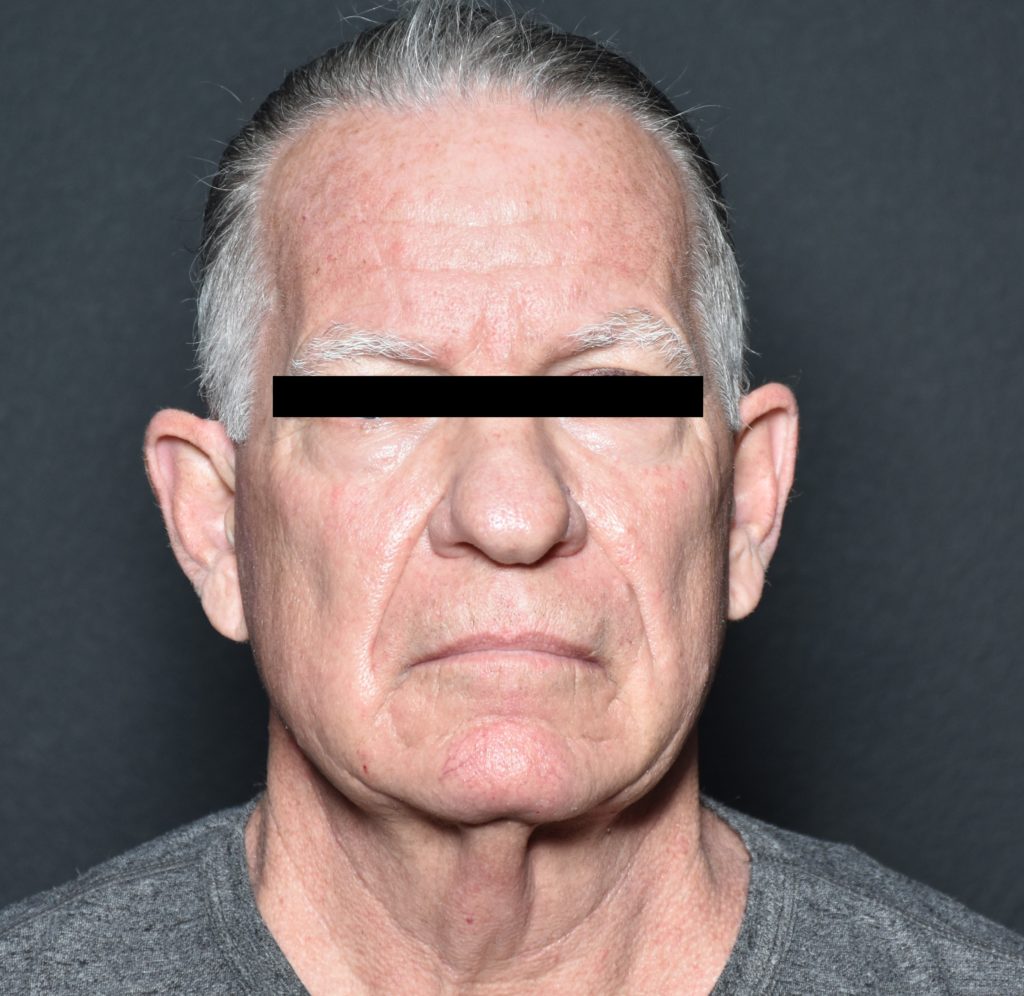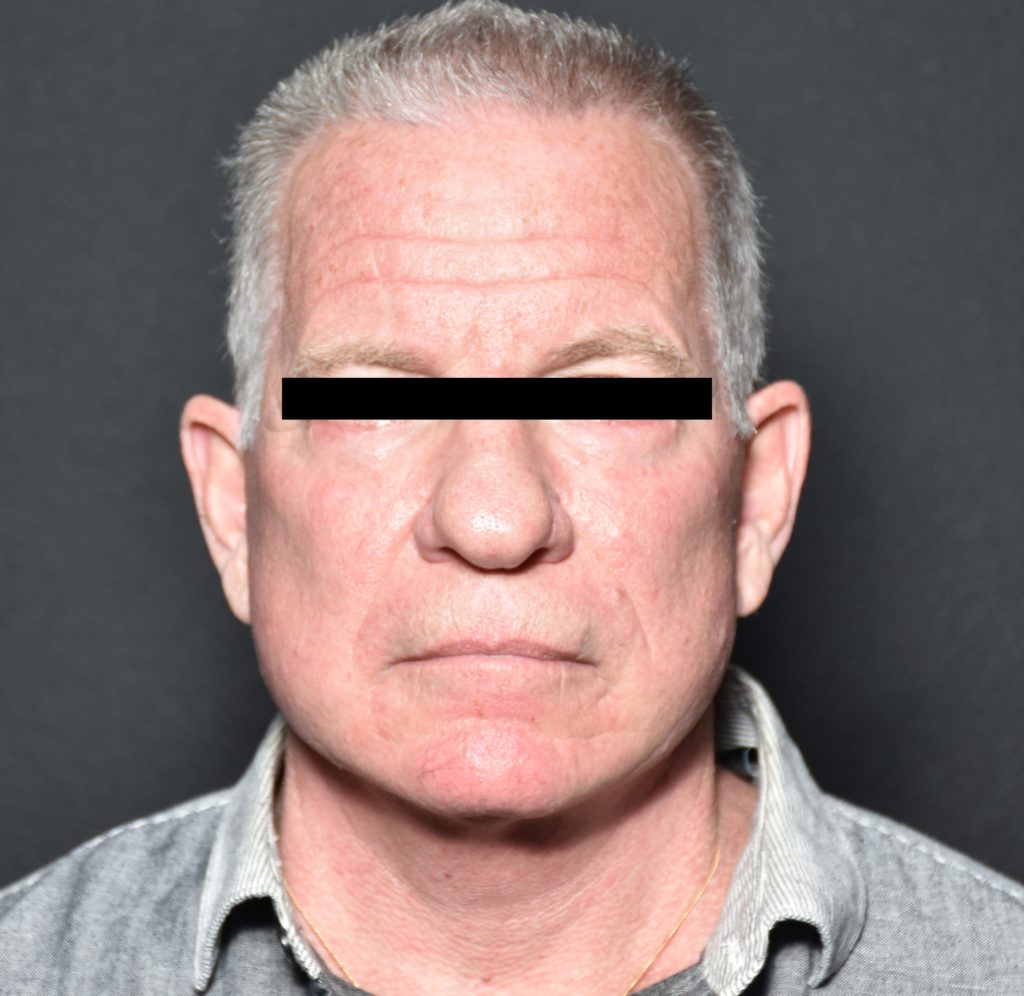While aging in the upper face may make some individuals appear tired, signs of aging in the lower face can be even more obvious indications of time taking a toll. The jowls or turkey neck can make someone look older than they feel. Patients who struggle with sagging skin in the lower face can turn to Dr. Elisa Burgess in her Lake Oswego, OR practice to undergo a facelift to correct the issue. There are multiple reasons people undergo facelifts, including:
- To correct signs of aging in the lower face
- To remove excess fat
- To tighten underlying tissues
- To re-drape the skin of the lower face
The ideal patients for these surgeries are those who choose them to correct sagging jowls, deep nasolabial folds, excess skin in the lower face, fat deposits of folds in the neck, or a general sagging of the face. Oftentimes facelifts are done in conjunction with neck lifts. This is because improving only one area and not the other area may bring disharmony to the face and neck region.
Ideal patients should also be healthy, nonsmokers, and are usually between 40 and 60 years old. Patients who struggle with high blood pressure, issues with blood clotting, or a tendency to form excessive scars should first consult their surgeon to make sure they are candidates for a facelift.
In general, patients who undergo facelift procedures in Portland look the same but significantly younger. The goal is to restore the patient to a more youthful, but still natural appearance.
The individualized procedure can be done on an outpatient basis and takes between two and five hours to perform. Local anesthetics are used, but the surgery is more common with a general anesthetic.
When beginning the procedure, Portland plastic surgeon Dr. Burgess will first make incisions at the temples, following the natural contours of the face in front of the ear and sometimes continuing behind the earlobe to the lower scalp. If the neck is also being treated, the surgeon will make a small incision under the chin. Once the incisions are made, the surgeon will separate the skin from the underlying fat and muscle. Excess fat is trimmed or suctioned from the neck to improve the contour. The surgeon then tightens the underlying tissues, lifts the skin, and removes any excess. Finally, stitches are used to fixate the layers of tissue and to close incisions.
The total recovery time for a facelift in Portland can be two to three weeks. During this time, the patient should keep the head elevated and limit activity. Individualized instructions will be given with regard to dressings and a special jaw bra may be worn. Dr. Burgess will encourage you to walk around after surgery. Bruising, swelling, and aching are likely, and oftentimes patients look worse than they feel for at least the week following surgery. Swelling may contribute to some loss of feeling in the face and discomfort may be managed with medication. It is imperative to avoid any strenuous activity or heavy lifting for at least 6 weeks. Traveling long distances is not recommended in the first month following surgery. Ensure that you attend all scheduled exams following surgery. Scars from the procedure will be noticeable at first but will improve over the next year. Results of the procedure are not permanent as gravity and aging continue to play a role. Understand that results are not guaranteed to last a lifetime and may require future revision surgery.
Some possible complications from a facelift include hematoma, nerve injury, infections, scarring, poor healing, and other unforeseen risks.
Contact Dr. Burgess at her Portland-area plastic surgery office to learn more about options to lift and correct signs of aging with a facelift and neck lift procedure.




